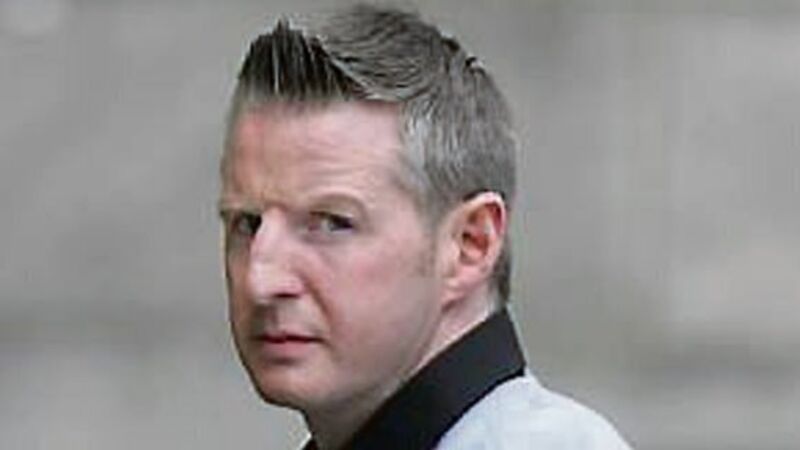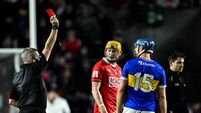Brian Meehan wants Veronica Guerin murder conviction quashed

Brian Meehan, aged 47, from Crumlin in Dublin, is serving a life sentence in Portlaoise having being convicted in July 1999 of the murder of Ms Guerin in June 1996.
He was convicted following a 31-day-trial before the non-jury Special Criminal Court. He was also jailed on drugs and firearms charges.













